This is the last installment of a four-part series that posted this week at KCChiefs.com, which chronicled the career of Will Shields, a finalist for the 2015 Pro Football Hall of Fame class.
The class will be announced at the "NFL Honors" ceremony, which will air Saturday, January 31 at 8 p.m. CST on NBC.
*
*
During his illustrious 14-year career as a member of the Kansas City Chiefs, former All-Pro guard Will Shields' accomplishments are as impressive as they are diverse.
On the field, the numerous accolades he received and records he broke are revered in Chiefs lore; but what Shields was able to do for the Kansas City community off the field is why he is spoke about with such reverence among those who know him best.
His "Will to Succeed" foundation has helped more than 100,000 individuals since its inception in 1993, and it was the driving force behind his Walter Payton NFL Man of the Year Award, which is the most prestigious honor an NFL player can receive, back in 2003.
"Will Shields was as fine of a total complete package as a person and a player that I ever coached," former Chiefs coach Dick Vermeil, who coached Shields for five seasons (2001-05), said. "Nobody I've ever met in coaching has given more back to the community than him."
For Shields, the origin of understanding what his platform as an athlete could do for those in his community went back to high school, where he remembered a speech given by former NFL player Hollywood Henderson to his team.
"He gave the story of 'don't do all of the things that I have done,'" Shields recalled. "He said 'I had a good career and I've done some great things but I've also had some bad times and some down times.'"
As a high school junior who was trying to shape a path for his future, combined with being a top college prospect with Division I football offers, Shields took Henderson's message to heart.

A few years later at the University of Nebraska, where Shields had committed, he found himself with a platform to make the kind of difference that Henderson had begun to make with him.
"[Former Nebraska coach Tom Osborne] sort of put it to light," Shields explained. "We were just college athletes but he'd say 'hey you need to go out and do speaking engagements,' and I'd say 'coach, I'm just an offensive lineman from Lawton, Oklahoma.'
"And then he'd go, 'but you're a husker.'
"Once you're a husker it makes a difference, especially being in Nebraska," Shields explained. "You can go and talk to these kids and tell them where you've been, where you're from and what you're going to do."
"Some of these kids dream of being at that point."
Shields continued.
"We went out and did a speech and I was going, 'Wow, these kids really do relate to where I was and what I wanted to do.' I'm giving them a little knowledge before they get there so they can make better decisions as they go on."
Just like that, Shields had found himself in the shoes Henderson had worn just a few years earlier.
Besides the public speaking engagements, Shields began to help those around him in other ways at Nebraska as well.
"Will was one of our first mentors in the teammates mentoring program here at Nebraska," Osborne said.
This program, which was founded in 1991 by Osborne and his wife, Nancy, had the goal to "provide support and encouragement to school aged youth," and to help "youth graduate from high school and pursue post-secondary education."
According to their website, teammates.org, the program, which began with Shields and 21 of his teammates at Nebraska back in 1991, has been a huge success.
"Today, TeamMates includes 130 chapters serving more than 7,000 students in grades 3-12. TeamMates successfully partners with local school districts from the largest urban schools to some of the smallest and most isolated rural schools," via **teammates.org*. *
*
Photos from OL Will Shields' career with the Kansas City Chiefs
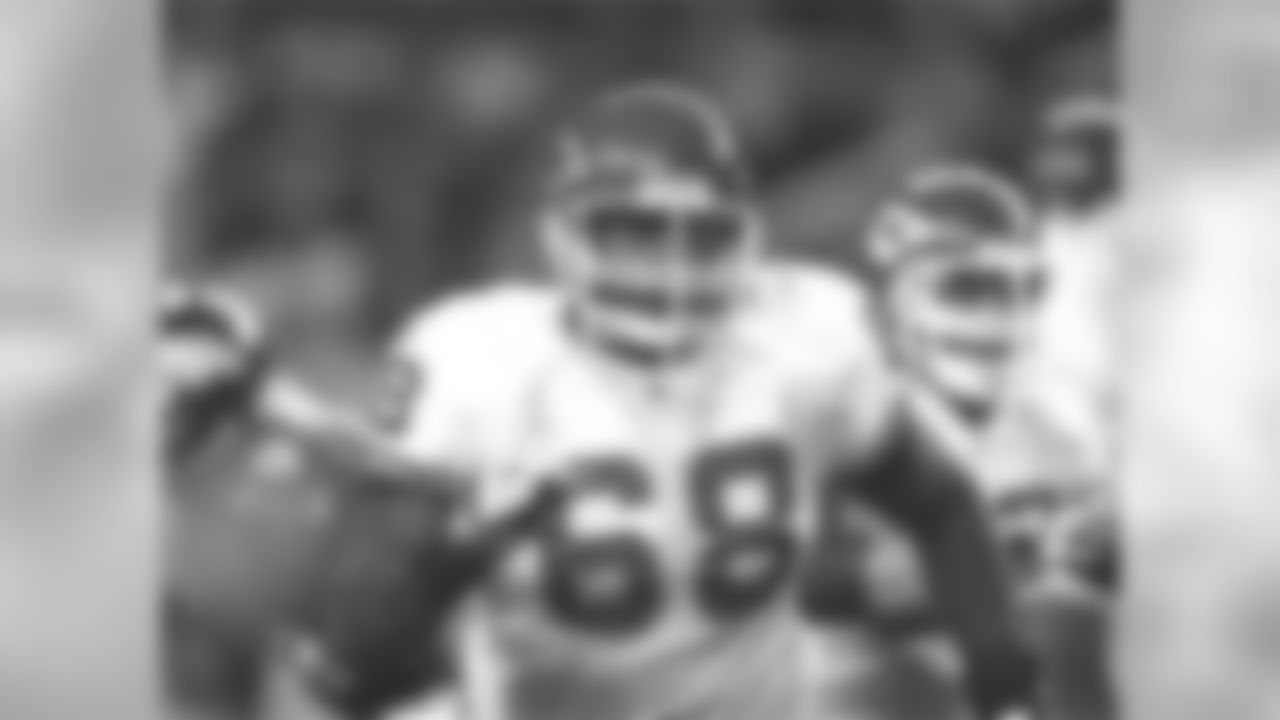










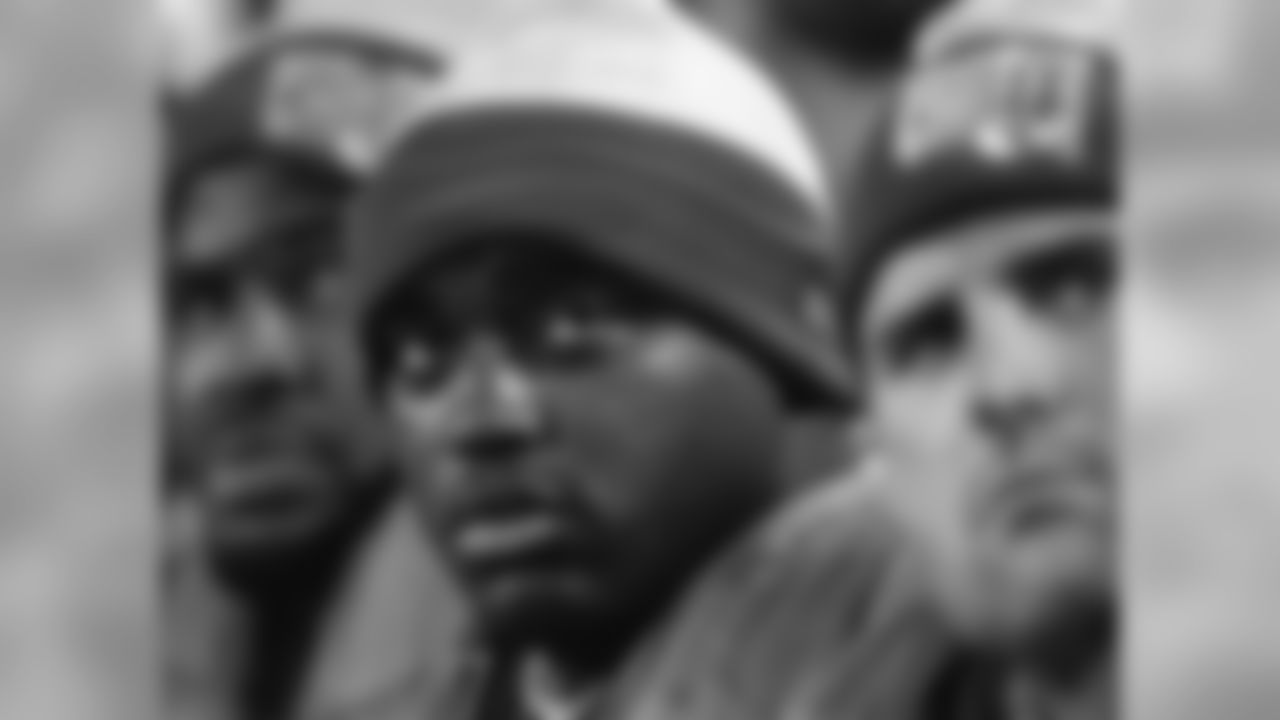
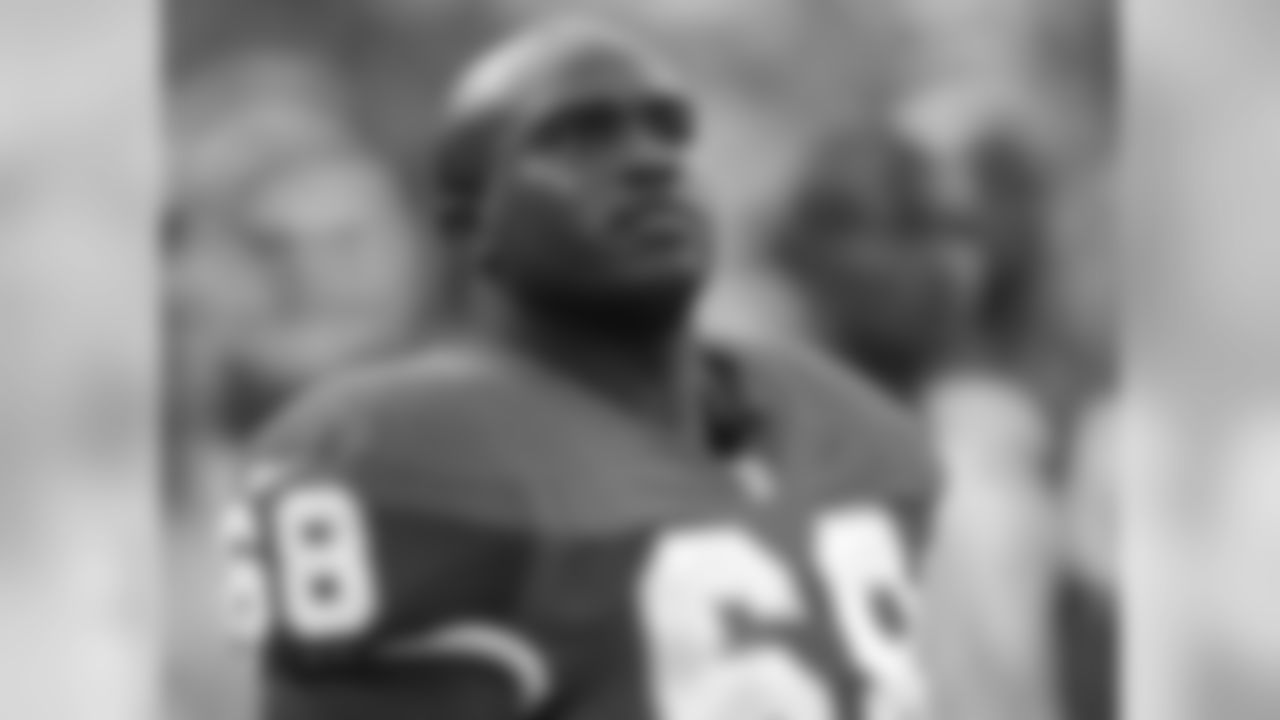


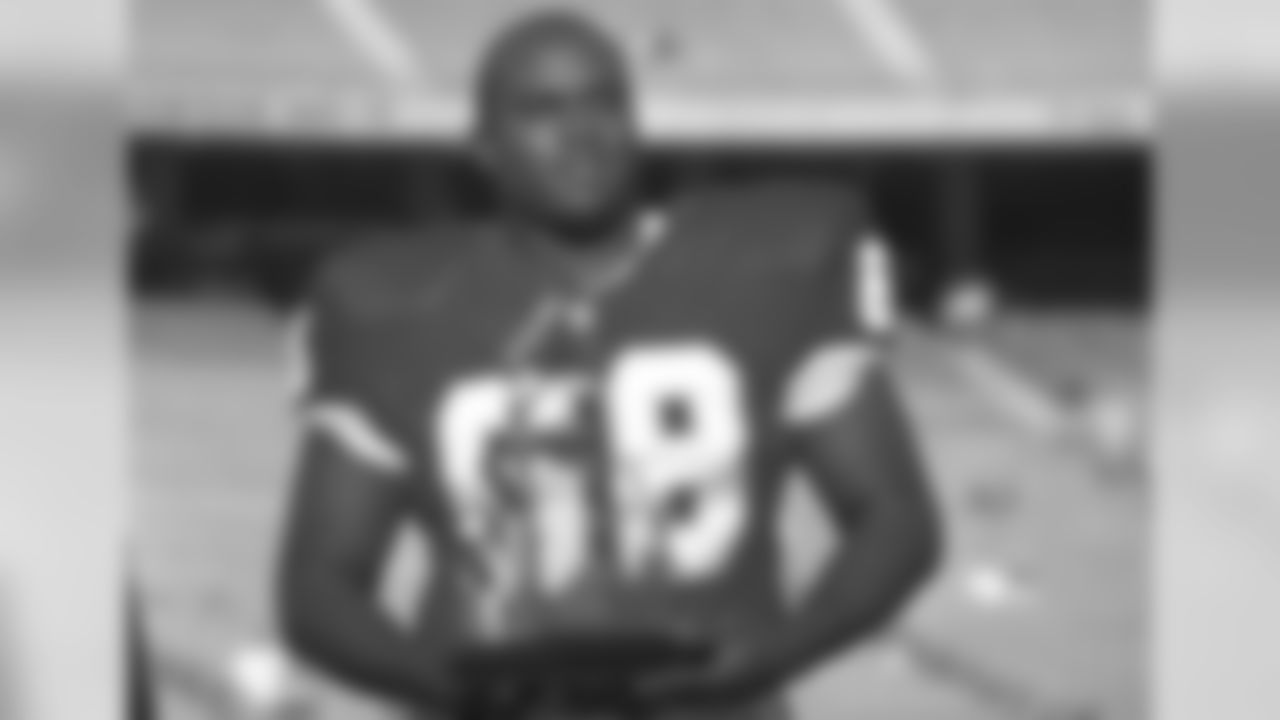
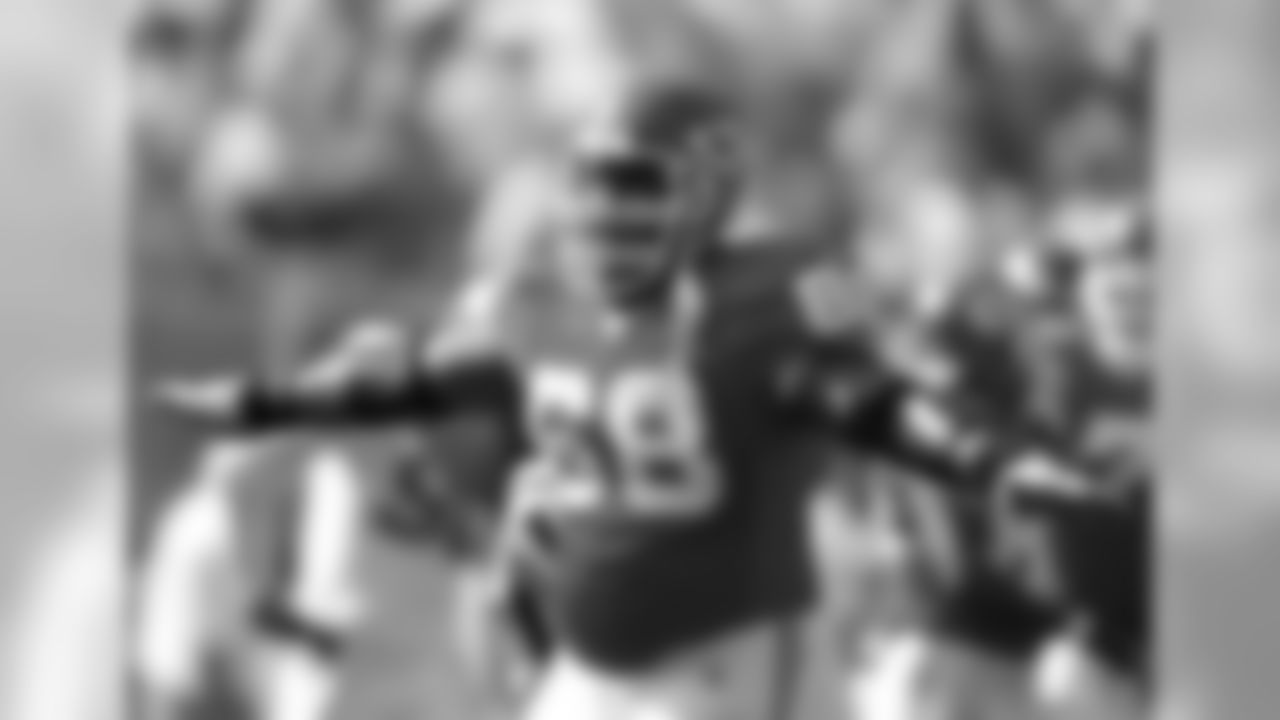

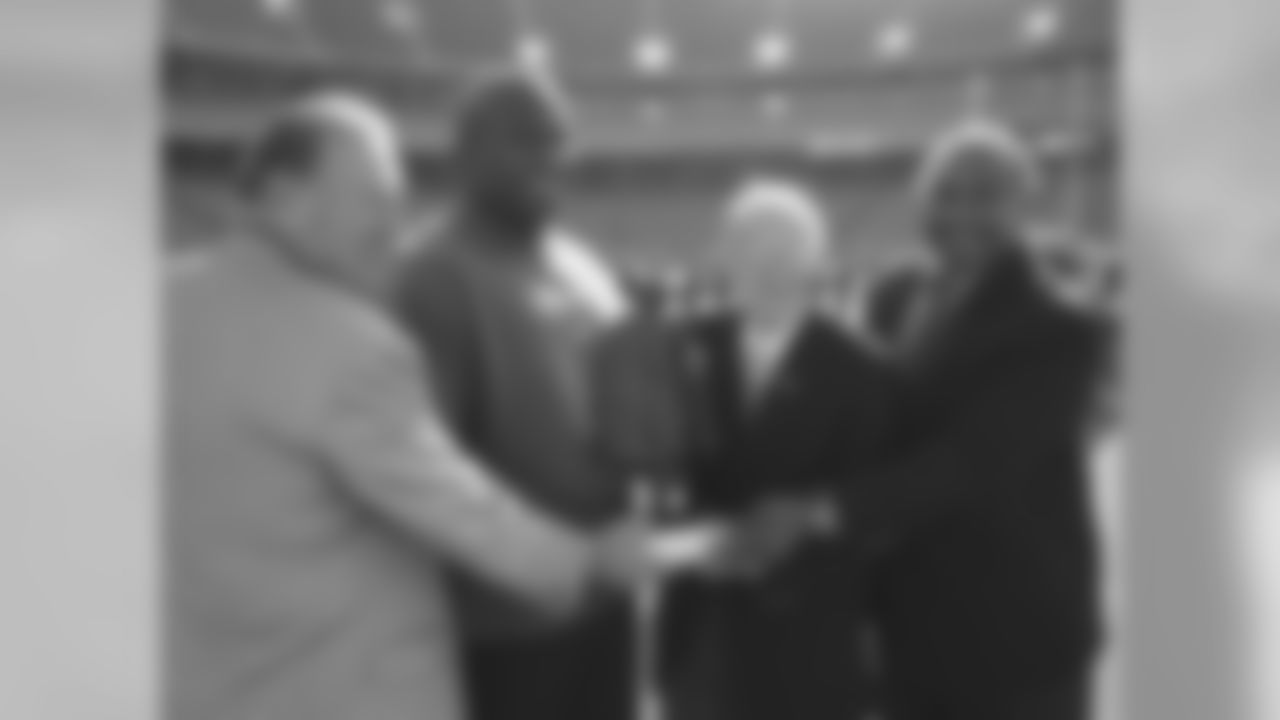
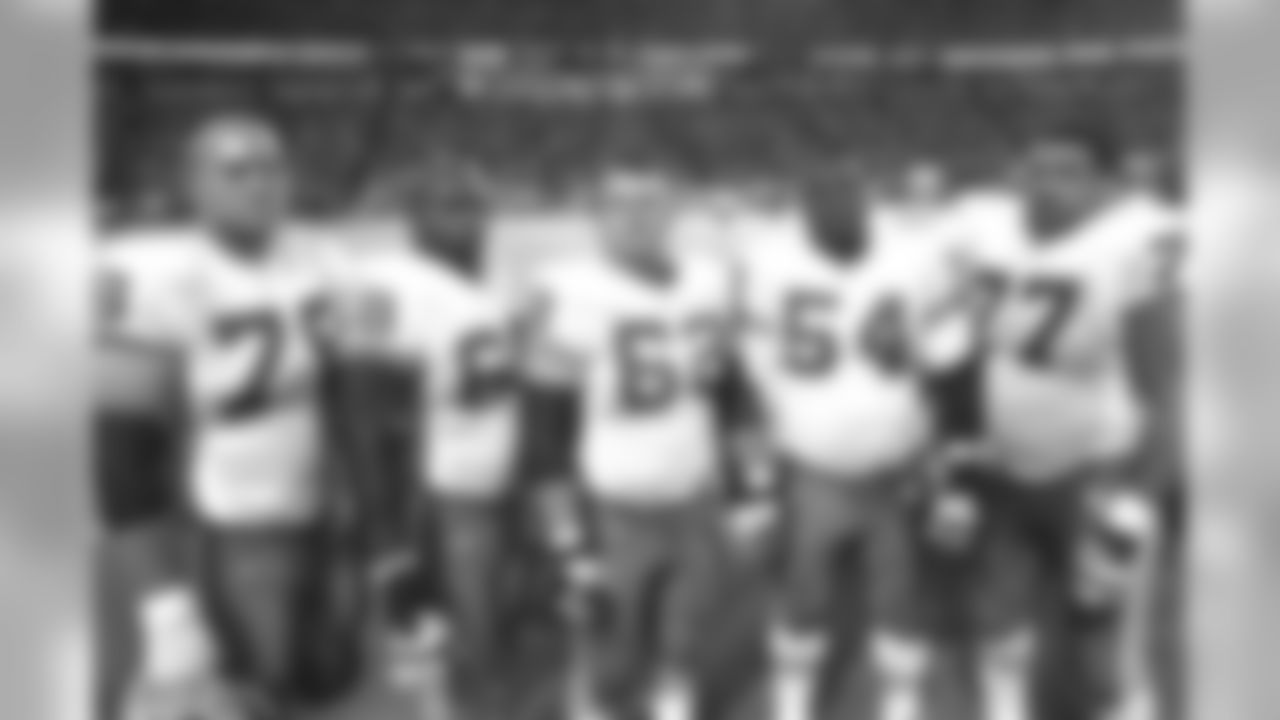
*
For Shields, the platform given to him at Nebraska to help others reminded him of where he came from and opened his eyes to what was possible.
"It all goes back to where you grew up," Shields said. "Seeing all of the different people who struggled and needed help, and now being able to be in that position, that was something that was unique to me."
Shields was drafted by the Kansas City Chiefs in 1993, which was the same year he started his "Will to Succeed" Foundation.
"What was really unique is that my wife and I started it by ourselves with just our lawyer," Shields recalled. "At that time there were 17 different athletes doing things in the [Kansas City] community. So we had to do as much as we could to do our part to be a part of the community.
"It ended up getting to the point where we ended up with a board of like 20 people who were working on different events," he explained. "We saw it grow and grow and grow."
The foundation, which primarily focuses on helping women and children in the community, led to Shields winning the Walter Payton Man of the Year Award in 2003.
"For me, it's not my award," Shields explained. "It's for everyone that's ever worked with the Will to Succeed Foundation. It's their award, I just so happen to be the one who can put it in my house."
According to the foundation's website, "WilltoSucceed.org," they currently sponsor over a dozen programs and initiatives where the organization, as well as its founders, are "hands-on" participants in all activities, as well as contributing financial support.
"If there's one kid who we can impact, then our efforts are all worthwhile," Shields states on the website. "If one child makes better life choices and his or her life turns out for the better, then we have succeeded."
While Pro Bowls, All-Pro teams and his numerous franchise records can be quantified through time, the impact of what Shields and his family have done for the Kansas City community can't be.
The decision to draft Shields back in 1993 was one that was obviously made for what he could do for the team on the field, but his lasting legacy in Kansas City is what he's done away from it.
The ripple effect can be felt across thousands of families who have benefitted from his foundation.
"The easy part was staying," Shields said of staying in Kansas City after his retirement. "For me, that was really important. I've got kids and they grew up here. We're basically rooted here.
"It's got a strong hold on our heart."
Mr. Shields, the feeling is mutual.













